As per a recent assessment, Dhaka has recently secured the third position globally regarding cities grappling with severe air quality issues. At 8:53 a.m. on Tuesday, February 13th, Dhaka's Air Quality Index (AQI) hit 232, categorizing the city's air quality as 'very unhealthy.'
Surpassing Dhaka, the Indian capital, Delhi and Kolkata clinched the top two spots with AQI scores of 266 and 235, respectively. The AQI serves as a vital measure, providing insights into a city's air's cleanliness or pollution levels and highlighting potential health hazards for its inhabitants.
The AQI categorizes air quality on a scale, with Dhaka's 'very unhealthy' rating falling from 201 to 300. When the AQI value for particle pollution lies between 101 and 150, it is deemed 'unhealthy for sensitive groups,' a range of 150 to 200 is termed 'unhealthy.' Readings exceeding 301 are labelled 'hazardous,' posing significant health threats.
Dhaka's battle with air pollution is not a new concern. Typically, the city witnesses a decline in air quality during winter but experiences improvement during monsoon season. Bangladesh's AQI is determined based on particulate matter (PM10 and PM2.5), NO2, CO, SO2, and ozone.
According to the World Health Organization (WHO), air pollution is a global health crisis, claiming approximately seven million lives each year. These fatalities are predominantly attributed to increased mortality rates from conditions such as stroke, heart disease, chronic obstructive pulmonary disease, lung cancer, and acute respiratory infections.



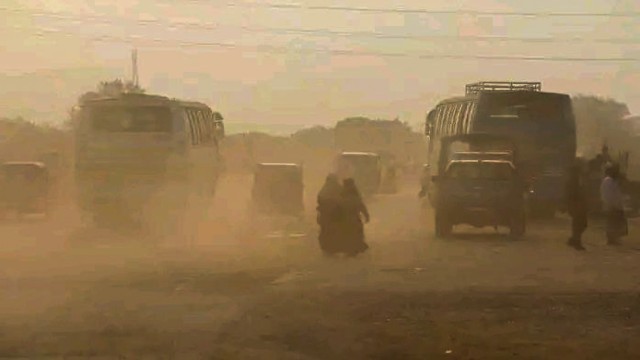


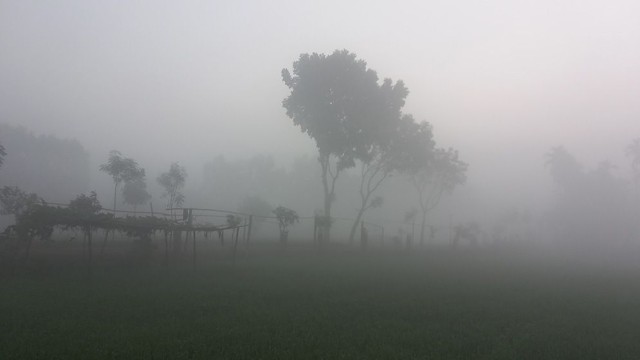
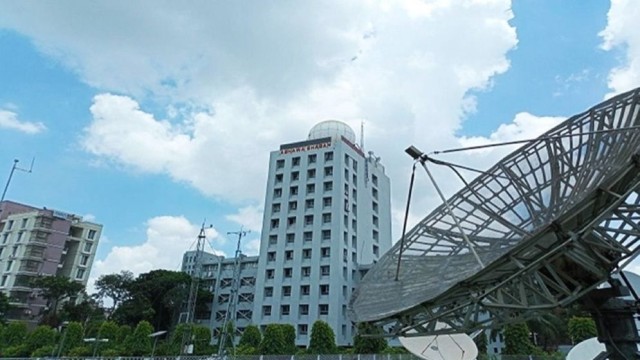
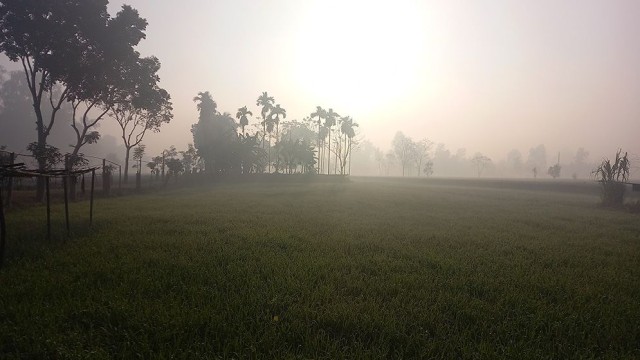
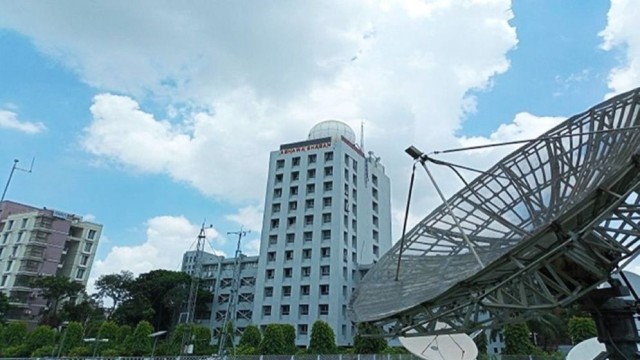








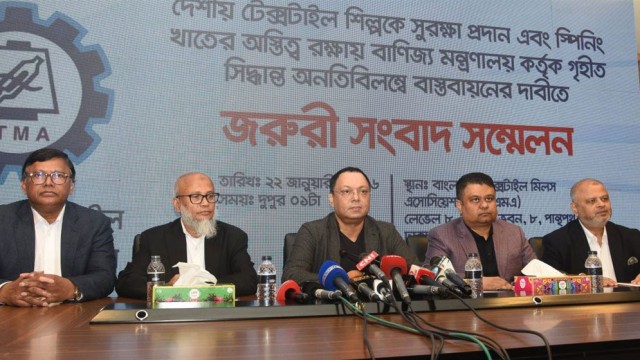












Comment: